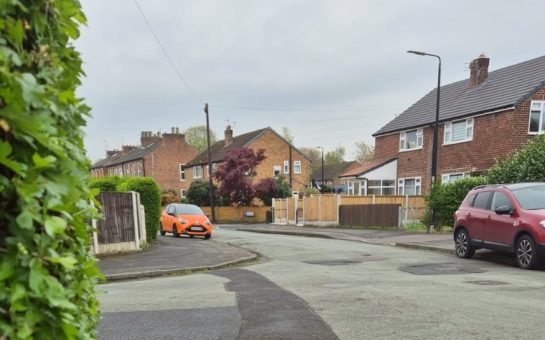Residents in Manchester are dying younger than the rest of the UK, according to new data from the Office for National Statistics.
The study revealed that males can only expect to live until the age of 74, compared to a healthier 77.4 in the North West and a national average of 78.9.
Their female counterparts have it better with a life expectancy of 79.3 in Manchester, compared to a regional average of 81.5 and a national average of 82.9.
Professor David French, of the Faculty of Medical and Human Sciences at the University of Manchester, said the lower life expectancy can be attributed to levels of unhealthy behaviour, stress and social mobility.
Professor French told MM: “There is a clear link between smoking and income and fruit and veg intake and income.
“These are predictive of early death.
“Other reasons include a lack of mental resources, leading to mental fatigue, and reduced ability to cope with temptation.”
Evidence reveals that stress associated with being poor can result in coronary heart disease and poor sleep which can lead to an early death.
The professor also said the exodus of more affluent people leaving Manchester when they retire has worsened the statistics as such citizens tend to live longer, leaving a poor and smaller elderly population who tend to die earlier.
Statistics reveal higher rates of unemployment in Manchester with 12.3% of residents aged 16-64 unemployed, compared to a much lower 8.3% in the North West and 7.8% nationally.
Further findings show people of working age are more likely to claim a key benefit, with the figure at 20% in Manchester, 19% in the North West and 15% nationally.
Greater health problems could also be contributing to earlier deaths, with almost half of year six school children in Manchester obese – higher than the national average, as well as more than 10,000 admissions for cardiac care at Manchester Heart Centre each year.
A Public Health England spokesperson, said being in a job, living in safe housing, good town planning with green spaces and leisure areas and access to good education all affect how healthy people are.
They said: “The evidence is clear – a person’s likelihood of dying prematurely from one of the top four killers varies widely between local authorities due to differences in risk factors, such as obesity, alcohol and smoking and that these are closely linked to economic deprivation.
“We have seen good inroads made already into driving down early deaths from some of these major killers and narrowing the inequalities gap in some parts of the North of England and in particular in the North West, but there is no doubt much more needs to be done.
“PHE in the north will now be supporting and looking at ways we can establish collaboration with our key partners to address these issues together, involving the whole country where necessary and sharing good practice.”
Image courtesy of Sabrina Campagna via Flickr, with thanks.
For more on this story and many others, follow Mancunian Matters on Twitter and Facebook.



